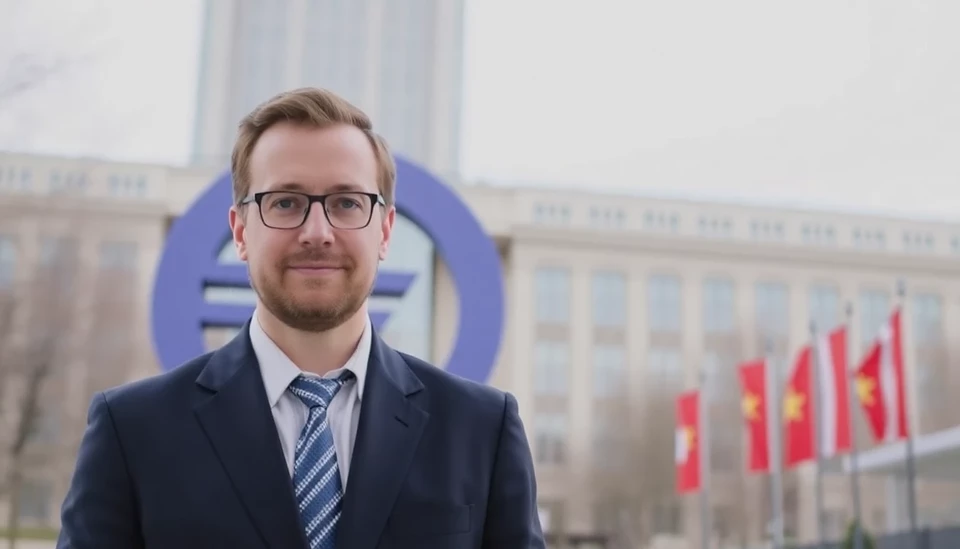
As anxiety swells over the economic landscape in Europe, Goldman Sachs' CEO of International, Richard Gnodde, has warned that decision-makers might soon face a rebellion among their top executives. The unease stems from a confluence of factors leading to heightened fears of stagnation and dwindling growth. This potential upheaval among CEOs could pose significant challenges for corporations striving to navigate the uncertainties ahead.
In a recent interview, Gnodde pointed out the growing chorus of discontent among chief executive officers as they grapple with a shaky economic environment. Rising interest rates, sluggish consumer demand, and ongoing geopolitical tensions contribute to a sense of unease, prompting calls for decisive action to ensure organizational growth and stability.
According to Gnodde, many CEOs are finding it increasingly difficult to balance strategic investments and operational efficiencies amid external pressures, leading to frustrations that could erupt into a broader dissent. The Goldman Sachs executive underscored that disillusionment at the top echelons of leadership may result in a shift in how businesses operate, with more CEOs potentially taking defensive stances rather than pursuing expansive growth strategies.
This uneasiness is reflected in recent data, indicating a decline in business investment, which has historically been a bedrock for prosperity and job creation in Europe. As executives sense tightening monetary policies and a slowing economy, they may prioritize short-term stability over long-term growth, fostering a culture of caution that could threaten overall economic progress.
Moreover, Gnodde emphasized that maintaining effective communication among leadership teams is crucial during such tumultuous times. Without a unified vision and approach, the risk of a CEO revolt increases, possibly destabilizing organizational cultures and hindering future initiatives intended to spur growth.
The implications of a potential mutiny are significant, as it could lead to a reshaping of business priorities in Europe. This could manifest as a greater focus on preserving existing assets rather than exploring innovative opportunities that could drive competitive advantages. Such an environment may further stymie recovery efforts, prolonging the economic malaise that many firms are currently experiencing.
In conclusion, as uncertainty looms over the European economy, the call for action grows louder among chief executives. Gnodde's insights serve as a reminder of the fragility of the current landscape and the delicate balance that business leaders must maintain to foster growth while ensuring stability in the face of external challenges.
#Europe #GrowthConcerns #CEO #BusinessLeaders #EconomicStability #GoldmanSachs #CorporateStrategy #Leadership #Investment #EconomicOutlook
Author: John Harris




